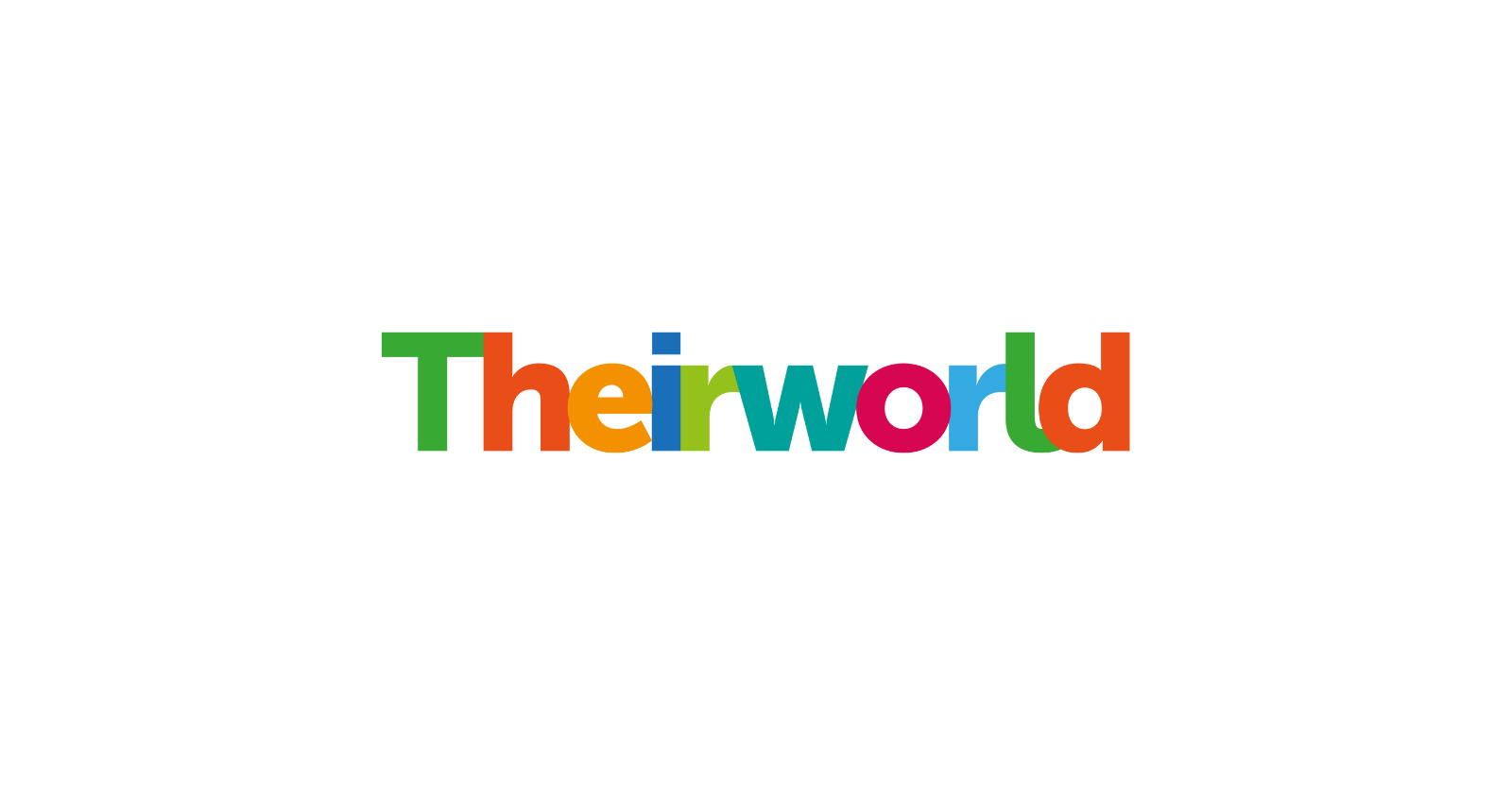
Safe Spaces Brief: Protecting The Most Vulnerable in Emergencies and Disasters (February 2017)
Despite the tremendous need, early childhood development remains seriously under-prioritised in emergency response. This brief outlines the shortfalls in the provision of Safe Spaces for children to grow and thrive in emergency, conflict, or vulnerable environments.
Theirworld Safe Spaces Brief Protecting The Most Vulnerable In Emergencies And Disasters February 2017
The first years of life are the most critical for a child’s development, laying the foundation for years to come. [1] During these important five years, babies and toddlers need nurturing care — which includes health care, good nutrition, protection, and opportunities for play and early learning — for their bodies and minds to grow strong. Physical harm, abuse, or deprivation during these critical years can leave long-lasting impacts not only on a child’s health, but also on his or her ability to grow, learn, and succeed.
During an emergency — conflict, natural disaster, or epidemic — the need for nurturing care and especially physical protection only becomes more acute. In all types of emergencies, babies and young children are especially vulnerable, with the highest rates of illness and death of any age group. [2] Early childhood programmes can be lifesaving for the youngest children and are vital to ensuring children not only survive, but have the best start for a good future.
Despite the tremendous need, early childhood development remains seriously under-prioritised in emergency response. Where quality early childhood targets and programmes do exist in humanitarian response plans, too often resources are inadequate to tackle the scale of the problem and achieve the promised scope of response. Humanitarian response plans are chronically underfunded and thus babies and children are left to slip through the cracks.
All babies, young children and their caregivers living through emergencies urgently need Safe Spaces where they can access everything children need to grow and thrive in emergency, conflict or vulnerable environments. Theirworld’s #5for5 campaign is calling on world leaders to commit to a dramatic increase in funding and action to support early childhood programmes to ensure all children are given the best start in life, no matter who they are or where they are born. This means that every humanitarian response must include targets explicitly addressing children ages 0-5 across all relevant sectors. [3] Safe Spaces can offer young children critical physical protection during a crisis, supporting their physical health and safety, providing a safe place to play and learn, and giving access to clean water, sanitation, and hygiene facilities.
[1] Plan International. (2016). “Impact Area Overview: The Right to Early Childhood Development.”
[2] UNOCHA. (2015). “Humanitarian Response Plan January-December 2016: Guatemala Honduras.” (Pp. 15).
[3] Theirworld. 2016. “Safe Spaces: The urgent need for early childhood development in emergencies and disasters.”
Next resource
